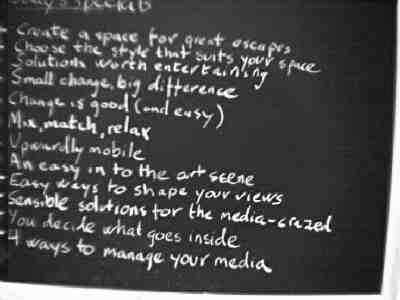Artificial Set-Up and Translation in the Workers Theatre.This text is not intended to be a comprehensive guide or introduction to an historical overview of the Workers Theatre, or the transformation of its concept in the exhibition „Coal By Any Other Name" in the American Fine Arts gallery, which is already pointed out by Stephan Dillemuth in his text upon this project. I would rather point to some of its inclinations in terms of being on one side an external set-up and on the other an internal translation of rhetorical tropes, what could be regarded as decisively different research modes in the artists’ investigation of representations, and render this as a general approach to the scene of arts. Also, I will keep in mind the main object for the project, an experimental model for artistic strategies in analogy to the politics of exchange and value. The first thing to be mentioned upon an artificial set-up, what would in general be associated with the thematised exhibition or a scientific field-work, is the external set-up of an institution, the props, the stage, the advertising and so on. The whole transformation of the environment into objects and intervention bears similarities to a fill-in formula where the options of translation are limited into the desired conditioning of its subject, that is, an desirable effect of mutual distance between the recognising subject and the artificial object of desire. The internal translation would then be that of the relations between any rhetorical act that may create a profile or mapping of the status quo, in contrast to the external set-up which is executing modification and control. What constitutes the inherent conflict in these research modes are the situating of its object, the external which situates itself as an inducing environment and the internal that is expressing its own interpretation of its environmental condition. The consequences of such a double bind situation could also, with a slight of hand, be found by following the ideological background for the Workers Theatre, compared to the dominant rhetorical expressions today. The occupation of the Workers Theatre, re-invention and re-cycling of advanced philosophical questions of social determinism, is today a question of cultural engineering, a re-structuring of cultural values based on scientific positivism and cultural liberalism, mainly centred upon clichés of globalisation, free-enterprise or cultural design. The most evident way of adopting the principles of the Workers Theatre to the arts, would then be not only to imply a re-invention of the concepts of cultural liberalism, i.e. the artist who sets forth to provoke response by demonstrating the mechanisms of society (that would be reversing the concept of re-enforcement, like the rat who tells the other rat how well he has conditioned the experimenter by pushing a lever.), but also a kind of management is needed that could turn the full-cycle of power-relations of its own field in detour. The role of the cybernetic-engineer is the proto-type that needs to be challenged in this question. The elaboration of cultural capital through the means of production resembles itself a transformation of scientific esoterism, that sublimates the means over meaning and effects before causes. Equipping the field of artistic relations with artificial devices, that is coding the whole field of cultural enterprise, ensures us with a gadget-liking approach of conditioning the functions of the institutions, foundations and public relations of the art scene. This would be a merely pedantic sense of de-stabilising the issues of cultural and economical exchange, if it not also raised the question of the inherent belief in utopian design and conditioning in cultural liberalism. If the cultural designer or the cybernetic-engineer is the future role of the artist, then her role would also be that of an embodiment, if no longer of cultural authority, then of cultural certification. This poses two inevitable questions; the furnishing of information, its transformation through media, inquires an investigation of the position of the management which organises and translates knowledge , and secondly the adaptation of the subject matter that would congregate into specialised, crystalline structures, as style or pro/con’s, if not confronted with its own limits as a merely operative structure for objectification. The adaptation of the Workers Theatre in this respect
would be not only to dramatise, but situating itself historically, formally
and analogous as an alteration of those research modes executed on an
external situation that resembles a stimulus-response activity, and approach
its subject through analysis, interviews and models of reflective encounters,
determined to make the processes of exchange and translation itself the
issue and not the vehicle of recognition. |
[MAIN]
[STAGES] [WORKSHOP] [DRAMAS]
[WORKERSTHEATRE] [CREDITS]
[SOCIETYOFCONTROL] [COAL]
[CLOSE WINDOW]
